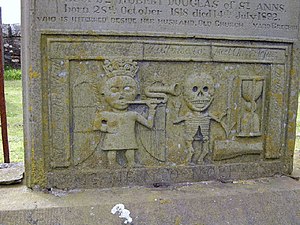Never throw out old books. I have caught up with my 1942 edition of Jesus Not A Myth by A. D. Howell Smith. The book is an argument against mythicism as it was argued by a range of authors in its day: J. M. Robertson, Thomas Whittacker, L. Gordon Rylands, Arthur Drews, Bergh van Eysinga, L. Couchoud, Edouard Dujardin and W. B. Smith. It’s a refreshing book for its professional spirit and respectful tone, and for its acknowledgement of both weaknesses and strengths of the mythicist case.
Here are two excerpts from the discussion concerning the question of the Galatians 1:19 reference to James the brother of the Lord. Pages 76 and 77/8. Keep in mind that the author is arguing against mythicism and for the historicity of Jesus. He not only acknowledges the possibility of interpolation, but goes on to explain a possible motive for it. I have marked the argument for interpolation in bold type. Continue reading “James Brother of the Lord: Another Case for Interpolation”

